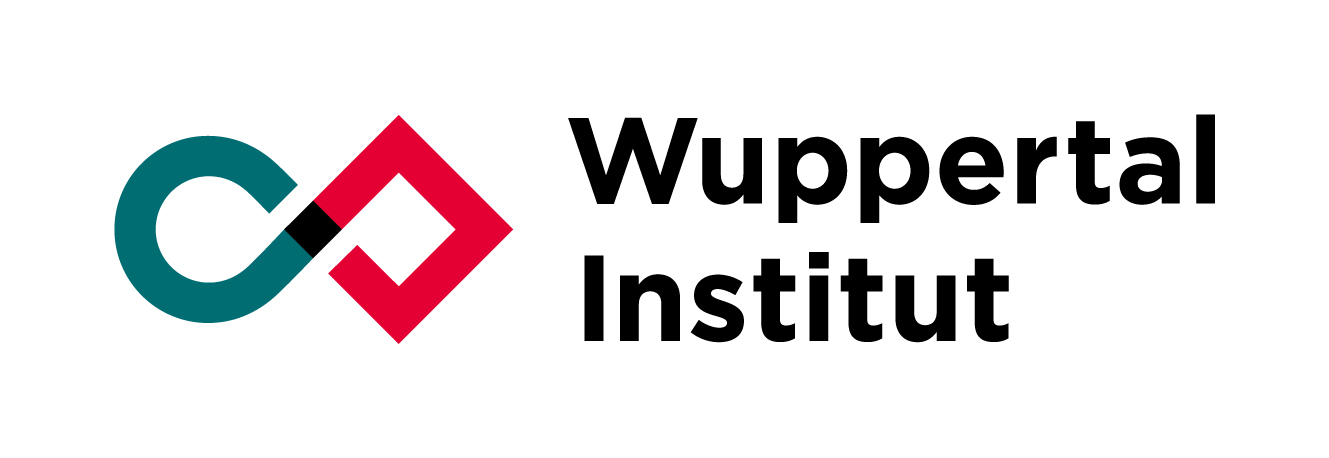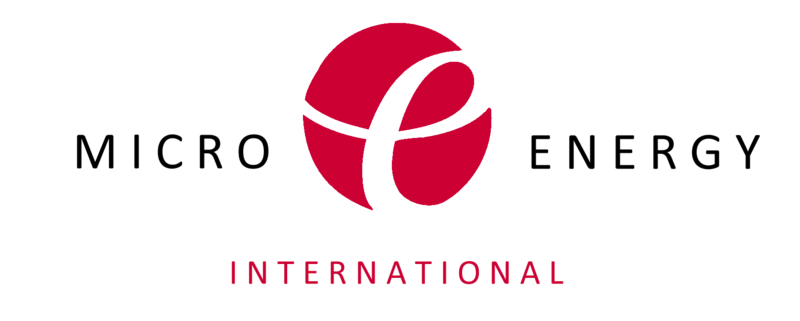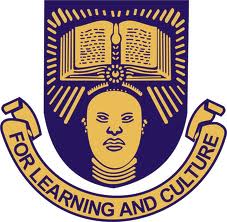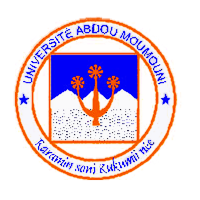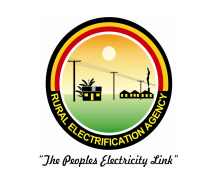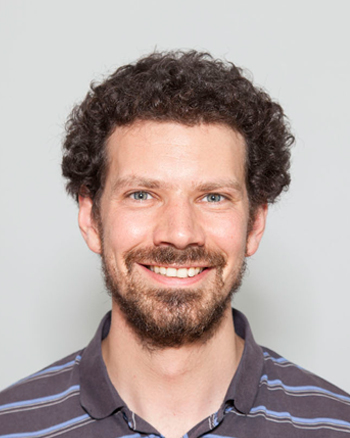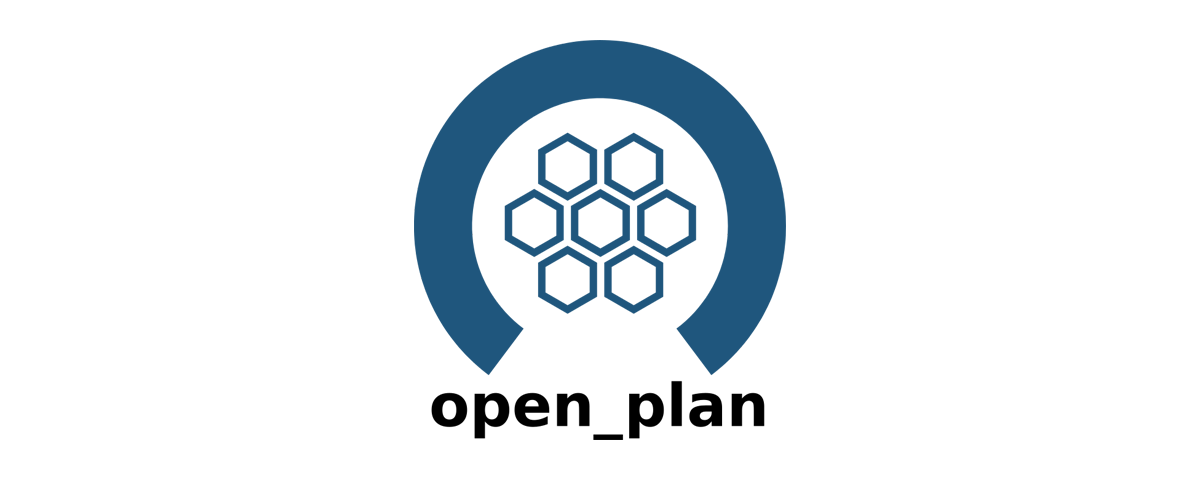
Results from the first open_plan stakeholder workshops
3. July 2020
Research project PeopleSuN improves access to electricity in Nigeria
10. July 2020PeopleSuN: Optimizing off-grid electricity supply systems in Nigeria

The research and development project "People Power: Optimizing off-grid electricity supply systems in Nigeria" in short: "PeopleSuN" aims to improve access to reliable and sustainable energy in previously undersupplied regions in Nigeria.
To this end, electrification strategies for rural areas are being developed with the help of off-grid photovoltaic systems. The focus is not only on technical solutions, but in particular on developing an understanding of local needs and realistic financial frameworks in order to optimize the use of off-grid systems with special attention given to gender dynamics. Finally, recommendations for economic provision models and concrete political measures will be derived from this.
Missing data as an obstacle for rural electrification
PeopleSuN follows a definition project that the RLI carried out in Nigeria in 2019. Initially, a Nigerian partner network was consolidated in order to involve as many relevant actors as possible. In addition, household surveys, workshops, and interviews with local experts were conducted. Existing data and financing measures were recorded. These soundings revealed that electrification projects in Nigeria often face the following three challenges:
Close cooperation with German and Nigerian partners
Partner institutions in Germany are Technische Universität Berlin, the Wuppertal Institute, MicroEnergy International GmbH, and Fosera GmbH&Co KG. Partners in Nigeria are Covenant University, Obafemi Awolowo University, Université Abdou Moumouni of Niamey, PowerGen Renewable Energy Ltd, Creeds Energy Ltd, Clean Technology Hub, and the Rural Electrification Agency.
As consortium leader, RLI coordinates all activities in the inter- and transdisciplinary project PeopleSuN. It receives financial support within the framework of the >u> funding guideline "CLIENT II - International Partnerships for Sustainable Innovations" of the Federal Ministry of Education and Research.
Project duration: July 2020 – December 2024
To this end, electrification strategies for rural areas are being developed with the help of off-grid photovoltaic systems. The focus is not only on technical solutions, but in particular on developing an understanding of local needs and realistic financial frameworks in order to optimize the use of off-grid systems with special attention given to gender dynamics. Finally, recommendations for economic provision models and concrete political measures will be derived from this.
Missing data as an obstacle for rural electrification
PeopleSuN follows a definition project that the RLI carried out in Nigeria in 2019. Initially, a Nigerian partner network was consolidated in order to involve as many relevant actors as possible. In addition, household surveys, workshops, and interviews with local experts were conducted. Existing data and financing measures were recorded. These soundings revealed that electrification projects in Nigeria often face the following three challenges:
- Lack of data on electricity demand and solvency of potential users
- Technical obstacles in the dimensioning and optimization of suitable off-grid systems and services
- Lack of economically viable deployment models for off-grid electrification
Close cooperation with German and Nigerian partners
Partner institutions in Germany are Technische Universität Berlin, the Wuppertal Institute, MicroEnergy International GmbH, and Fosera GmbH&Co KG. Partners in Nigeria are Covenant University, Obafemi Awolowo University, Université Abdou Moumouni of Niamey, PowerGen Renewable Energy Ltd, Creeds Energy Ltd, Clean Technology Hub, and the Rural Electrification Agency.
As consortium leader, RLI coordinates all activities in the inter- and transdisciplinary project PeopleSuN. It receives financial support within the framework of the >u> funding guideline "CLIENT II - International Partnerships for Sustainable Innovations" of the Federal Ministry of Education and Research.
Project duration: July 2020 – December 2024
RLI assumes the following tasks in PeopleSuN:
- Consortium management and coordination of work packages
- Stakeholder involvement and coordination
- Comprehensive analysis of existing data sets and identification of data gaps
- Spatial analysis of population structures using open GIS methods
- Quantitative data collection through household and business surveys
- Qualitative data collection through interviews with experts and focus group discussions
- Development of an open-source tool for estimating electricity demand and solvency for electricity
- Support in the development of a tool for the optimization of off-grid systems
- Application of the developed and validated tools in Nigeria and Niger
- Implementation of open workshops and trainings for the use of the tools developed in the project in Nigeria
- Open-access publication of tools and scientific papers
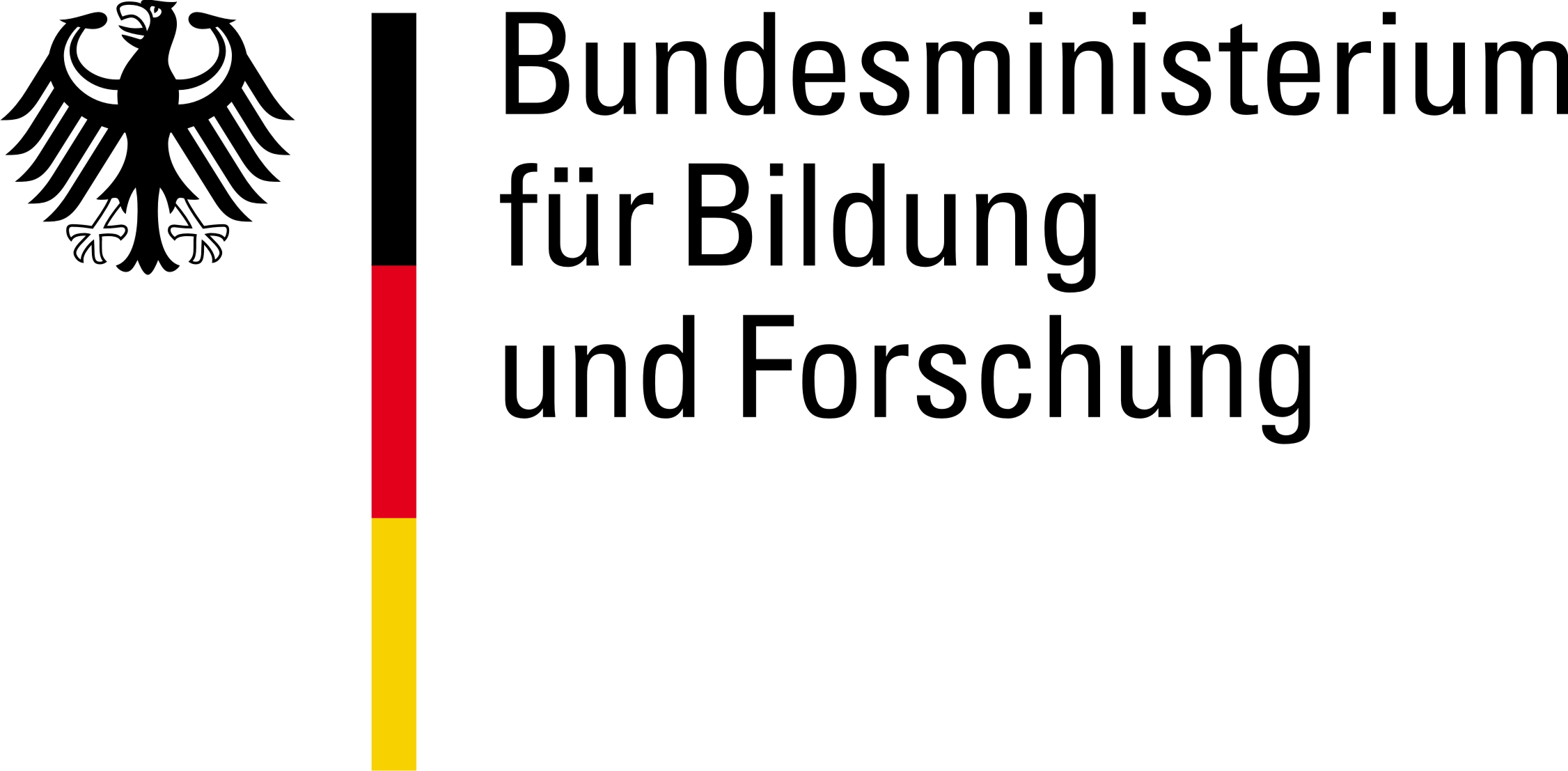
The project is funded within the framework of the BMBF funding guideline "CLIENT II - International Partnerships for Sustainable Innovations".
RLI’s research is financially supported by the Reiner Lemoine Stiftung.






